
We feature real founders building real businesses. We're proud to share the stories most people overlook.

A Decade of Doing It His Own Way
Chase Clymer learned early that if he wanted something, he had to figure out how to make it happen himself. Growing up without financial stability forced creativity. It pushed him to look at skills not as hobbies, but as tools. In middle school and high school, photography became one of those tools. He loved it, but more importantly, he learned how to turn it into access. Taking photos at shows led to photographing bands. That led to magazine work. That led to going on tour. He was getting paid to do something he enjoyed, and a pattern formed. “I always kind of had that mental thing where it’s like, oh, I could probably charge someone to do this now that I figured it out.”

Bringing Regenerative Honey to Grocery Shelves
Collin McKenna never had to imagine what entrepreneurship looked like. He grew up inside it. Businesses were part of daily life in his family. His parents were always building something. New ideas, new ventures, new energy filled the house. On his mother’s side, it went even further. His grandparents were founders. Uncles ran businesses in the party industry. As a kid, Collin watched things get built, change, and grow. Because of that, entrepreneurship never felt like a risky alternative. “It never really felt like there was another option,” he says.
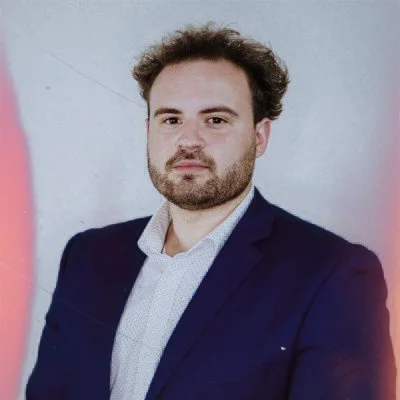
Making Safety Travel With You
Trevon Bruch learned how to hustle before he ever learned the word entrepreneur. Growing up in a single mother household, he became the man of the house early. Responsibility arrived fast, and with it came creativity. He found ways to make money wherever he could. Cutting yards. Changing screen doors. Selling shoes through high school. He describes it simply. “I like to hustle. It’s all about hustling.” At the time, he did not see it as a career path or identity. It was just how he moved through the world.
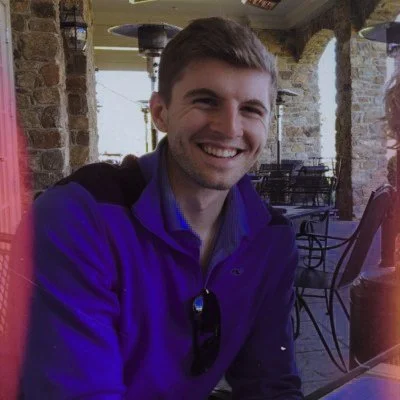
The High School Class That Started It All
Andrew DeFeo first experienced what it felt like to build something real while he was still in high school. Students were placed into small groups, each person pitched an idea, the group selected one concept, and then spent months trying to turn it into a working business. The process ended with a pitch to a board of investors, structured much like a Shark Tank panel. For Andrew, that class felt different from everything else he had done in school. “It was the first time I took a class where it was real world,” he says. “You’re not talking about textbook stuff. You’re in the trenches trying to figure out how to start a company.”
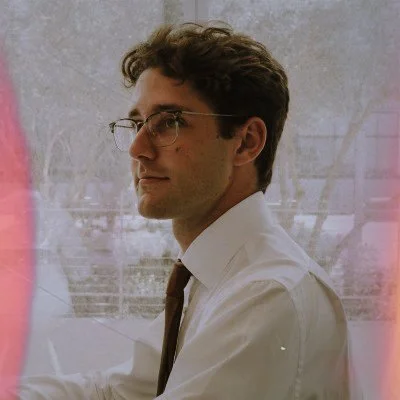
The Side Project That Wouldn’t Stay a Side Project
Adrien Navarre learned early that the fastest way for him to understand something was to build it himself. From middle school through high school, he was already working on his own projects outside of school, not because he was trying to be rebellious, but because he believed doing was the best teacher. He gravitated toward project based learning before he ever had language for it. “Going out and doing things was always the best way to learn new skills,” he says. That instinct became the foundation for everything that followed.

From Amazon Seller to Agency Builder
Joey Giazzon never felt comfortable accepting paths simply because they were presented as standard. Authority always triggered questions rather than compliance. Even early on, he questioned nearly everything. That instinct showed up clearly after high school, when he enrolled in community college and quickly realized the environment did not match how he wanted to learn or work. “I couldn’t sit in those classes,” he says. “It just wasn’t for me.” After a couple of months, he stepped away. The decision aligned with something he already understood about himself.
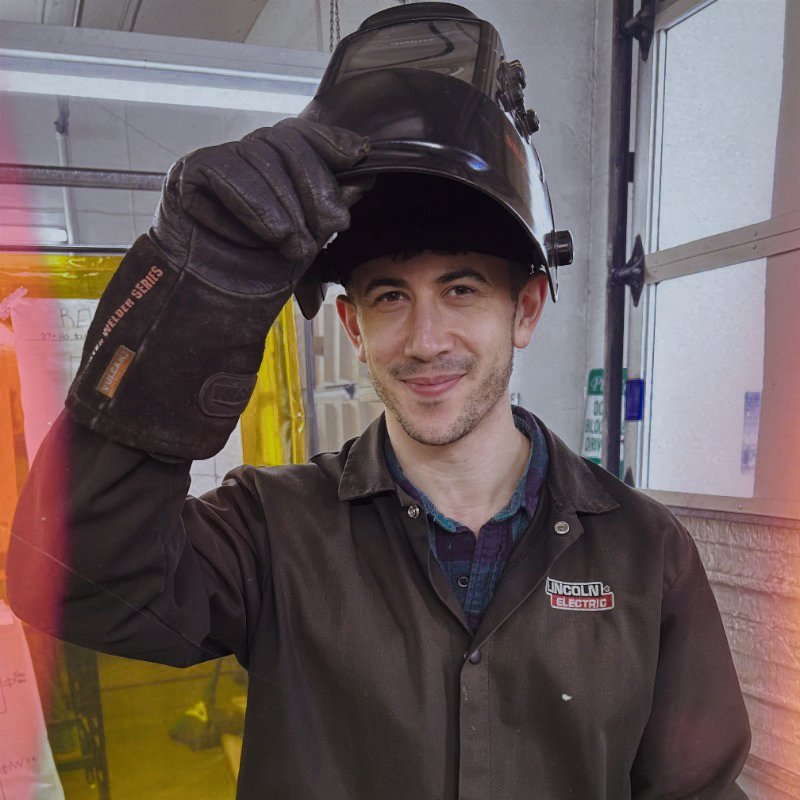
Where Investing Fits Into Everyday Life
Dean Mauro grew up watching people choose independence because working for someone else never quite fit. His father built his own business. His grandfather did the same. On his mother’s side, uncles followed similar paths. These were people who struggled inside traditional jobs and eventually stepped away from authority to create something of their own. Dean did not learn entrepreneurship from books or speeches. He learned it by watching how the adults around him lived.

When a Hedge Fund Said Yes and Everything Else Moved Into Place
There are moments when a person’s entire direction begins to shift, even before they can name what is happening. For Zach Shapiro, that shift began inside a company that no longer felt aligned with the person he was becoming. His strategies created results. His understanding of the work felt grounded in experience. Yet inside his team, the trust he hoped for did not arrive. Something inside him began to grow. It was the sense that he was ready to create through his own judgment.
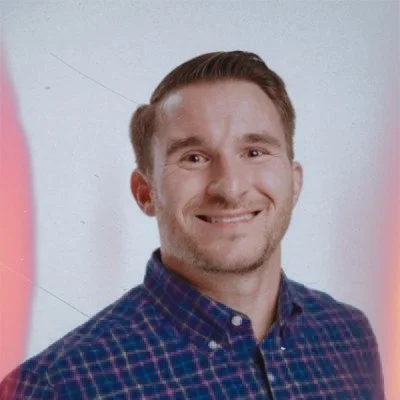
When Your First Client Says “How Soon Can You Start?”
From early on, Max knew he wanted to do his own thing. For years, that idea stayed abstract while he built a career inside the consumer packaged goods world. Then one day, it became more than an idea. At the beginning, nothing was formal. There was no company infrastructure. Everything ran through his personal Gmail. Friends teased him about how bare bones it was, but his client understood exactly what he was getting. While delivering real work, Max built Juster Solutions in the background.
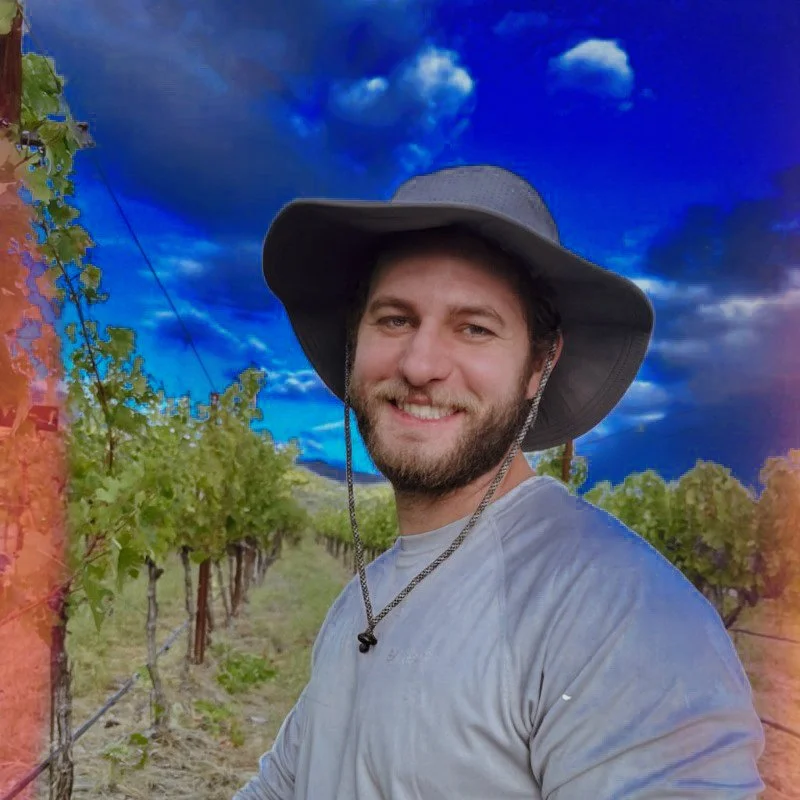
Leaving the Classroom to Build What Was Missing
Derek had been writing his own workout programs by hand for years. He understood exercise science and progressive overload. He also saw a gap. Most fitness apps offered one off daily workouts or generic routines that ignored individual goals, schedules, fitness levels, and available equipment. Derek searched for a tool that could generate intelligent, repeatable training plans built on real science. He could not find one. So he built it.
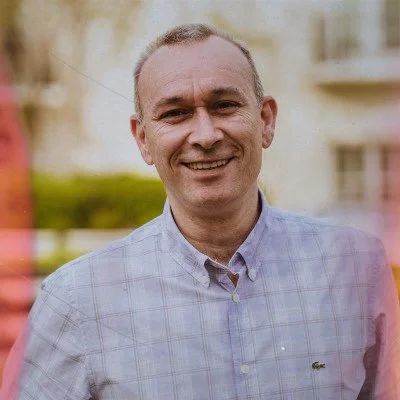
Ambition Shaped Across Two Continents and One Defining Decision
Cyril Moreau spent years crossing borders and responsibilities, and each transition revealed more about what he valued and what he hoped to create. His career began in Paris where he built a foundation of study and corporate discipline. Yet even in rooms filled with strategy and structure he felt a quiet pull toward something more aligned with his nature. He carried ambition, yes, but it was matched with a desire for independence. That sense of direction stayed with him as he moved from France to London and eventually to the United States. It followed him into each role and grew stronger with every experience.
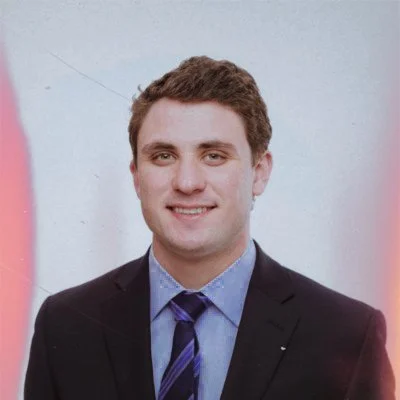
Why a Single Paper About Soil Chemistry Altered His Path Forever
Growth often begins as curiosity. It starts as a question that settles into the mind with gentle insistence until it shapes a new way of seeing the world. For Brian Morrison, that moment arrived during a season of discovery when life still carried the pace of long campus walks and late night study sessions. Ideas felt wide open. Possibility felt close. Meaning waited in each conversation and each class, ready to guide him toward the purpose he would eventually claim.
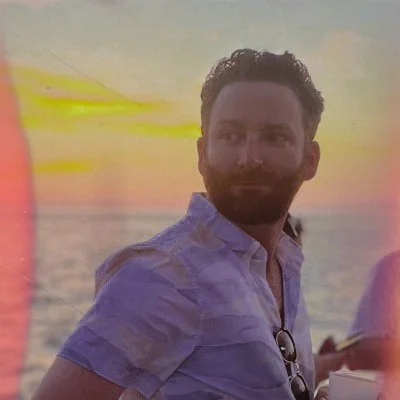
He Built an Agency by Listening. Then Listening Told Him to Build Something Bigger.
Trent Larkins grew up with a steady pull toward creative work, and even before he understood how design would shape his future he felt the calm that came from making something with intention. He carried that instinct into adulthood as he moved through jobs and early opportunities that taught him what people responded to and how visual storytelling allowed businesses to express themselves with clarity. Each project showed him a little more about who he was becoming and gave him the confidence to trust his creative discipline.
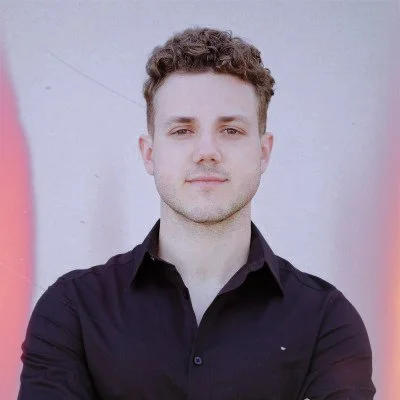
Leading Product Requires More Courage Than Building the Company Itself
Pat Utz grew up with stories that never sounded heroic to the people who lived them, yet shaped every part of the way he thinks about work. His father arrived in the United States from Argentina with two hundred dollars, picked up whatever painting jobs he could find, and learned English by holding conversations he could barely follow. Over time he saved enough to build two small businesses with Pat’s mother, and those years left Pat with an expectation that creating something of his own was simply how life moved forward.

A Studio Born From Two Careers
There are moments in a person’s life when the familiar structure they once depended on no longer brings the sense of direction it once did. For Guillaume Chichmanov, that turning point came after ten years in the corporate world, long before Animox ever existed or Cominted Labs first took shape. What looked like a stable life with well known companies slowly shifted into an inner pull toward something more creative, more expressive, and more aligned with the curiosity that lived at the center of him.
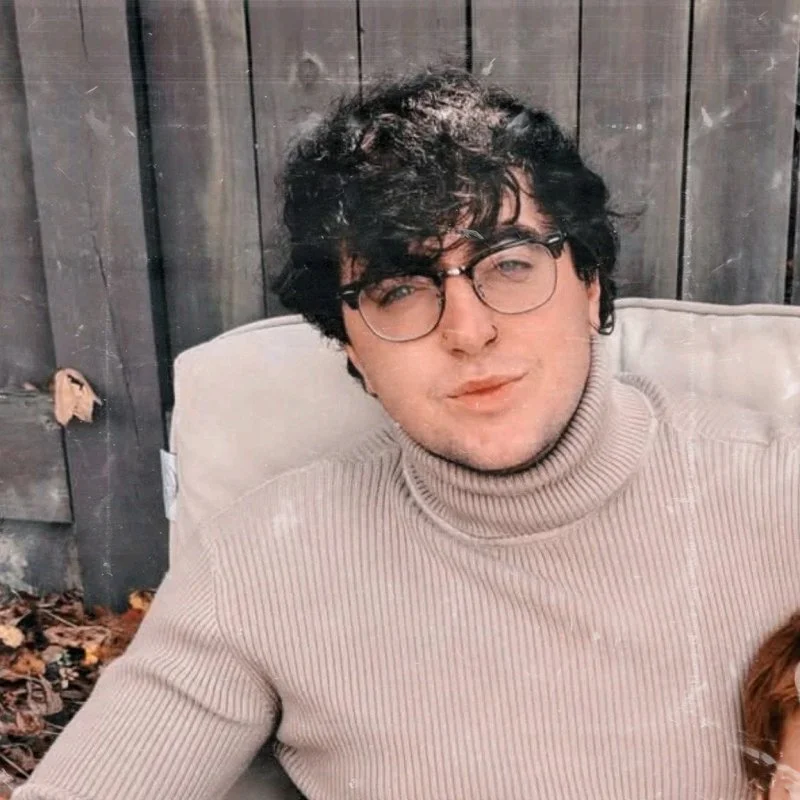
When a Private Pool Service Sparked a Lifetime of Building
Kyle grew up as a golfer. He played at the college level with full commitment and a desire to go professional. When a shoulder injury ended that dream, he stepped into unfamiliar territory. Instead of waiting for a new direction to appear, he walked straight into business. The shift asked him to explore how companies were run and learn through real work. He said, “I did not really want to work for somebody, but I knew I had to continue learning.” That simple truth became the first door into entrepreneurship.
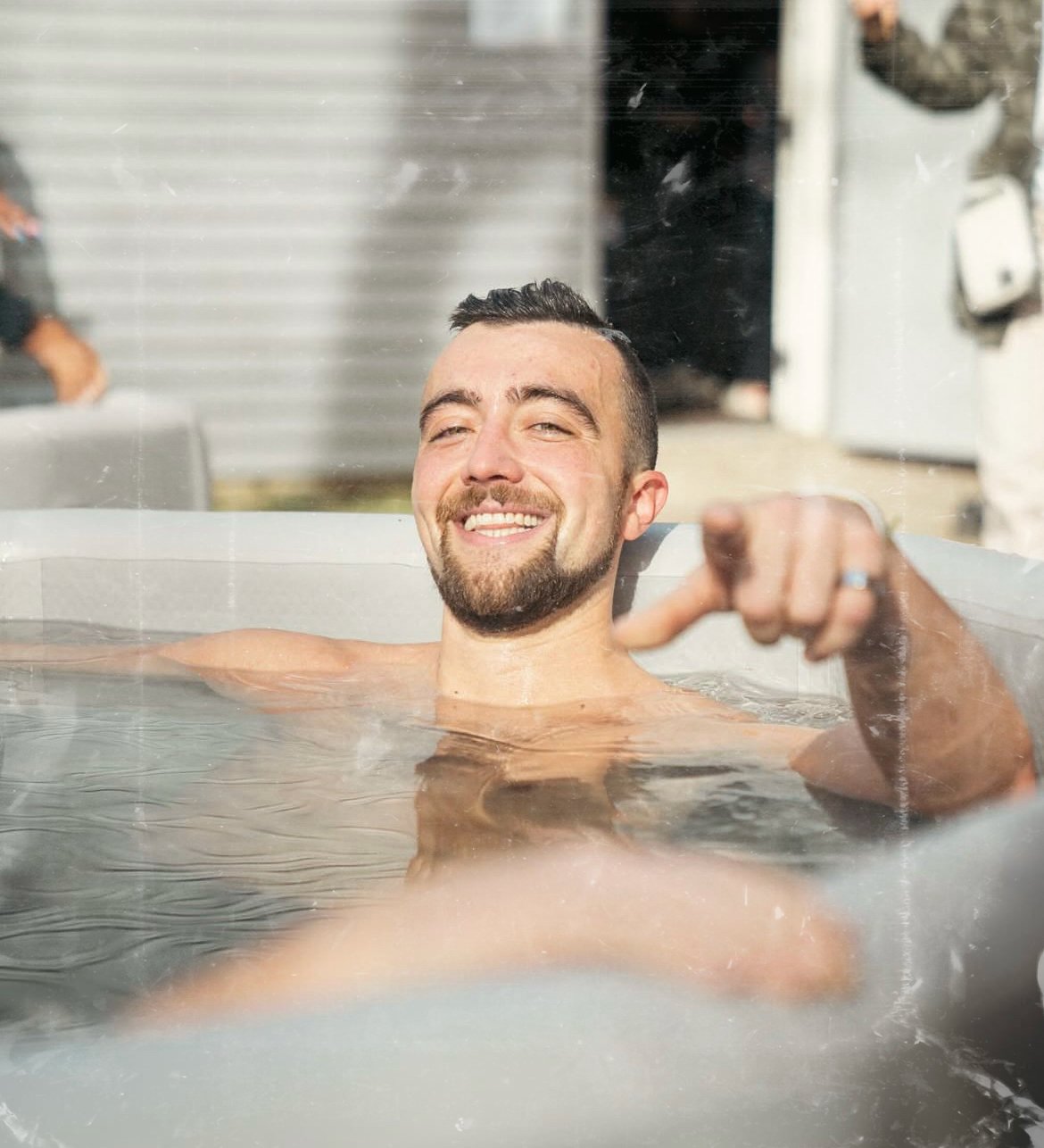
The Semester That Changed Everything
Leo Adams remembers being a junior at Clemson and realizing he had earned enough credits in high school to create extra time in his college schedule. He did not want to graduate early. He wanted to use that time for something meaningful. That was when he found a program called Young Entrepreneurs Across America, a hands on experience that taught college students how to run painting businesses. It showed him how much he loved the combination of pressure and growth that came from entrepreneurship.
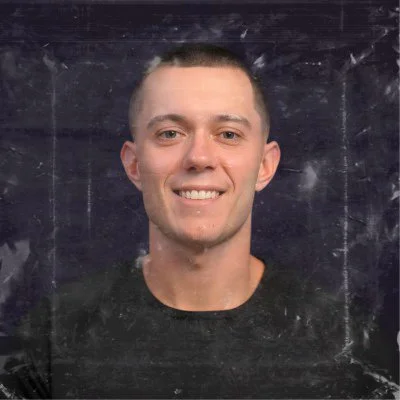
Growing Up In A Home Where Creation Never Stopped
Jimmy Contrini remembers coming downstairs as a kid and finding his dad already deep into work, always at the same early hour. He had no idea what his father did or how he earned money. All he saw was a man who built businesses from a small home office that never looked fancy but always seemed full of movement. It taught him that creating companies was not a mysterious act. It was simply what his family did, and it shaped something in him long before he ever realized it.
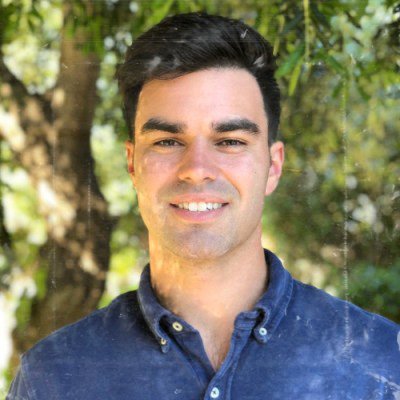
The Spark That Became Lighthouse
Dimitri Trembois spent his childhood in the Bay Area where he watched companies rise and reshape the world around him. He remembers seeing the Google IPO as a kid and feeling fascinated by the idea that something so powerful could be created by a small group of people with a vision. He had no understanding of what an IPO truly meant, but the spark was real. It blended curiosity, imagination, and a growing interest in business that would later guide him toward Lighthouse.
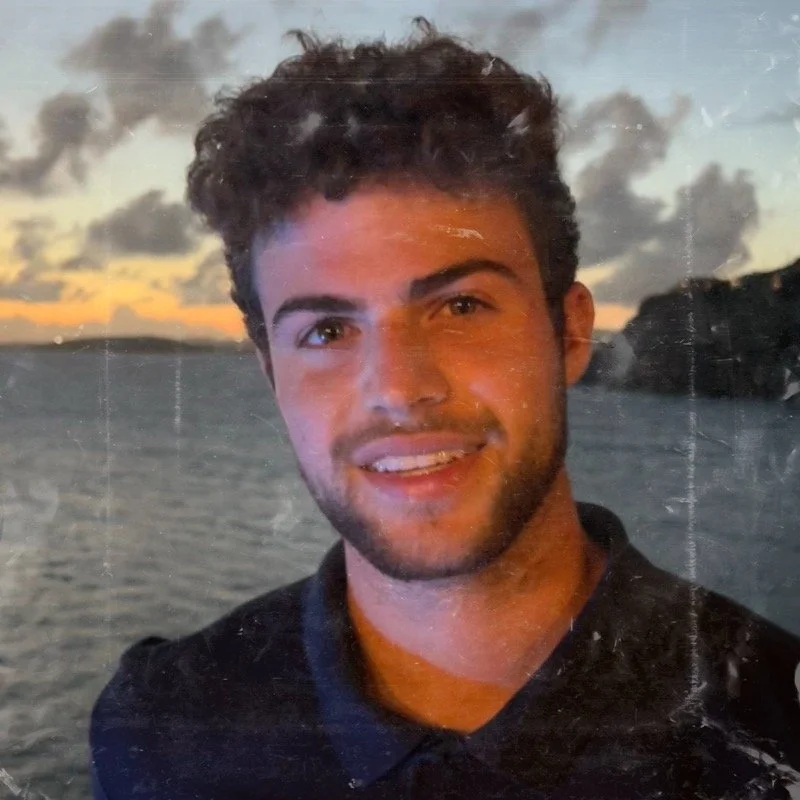
The Moment a Single Online Dollar Opened a New Life
Idan Mann learned early that a life can change the moment a person chooses freedom over comfort. He arrived in the United States from Israel in third grade and began seeing contrasts that stirred questions inside him. Money looked different. Culture felt different. The world seemed to run on rules he wanted to understand.
